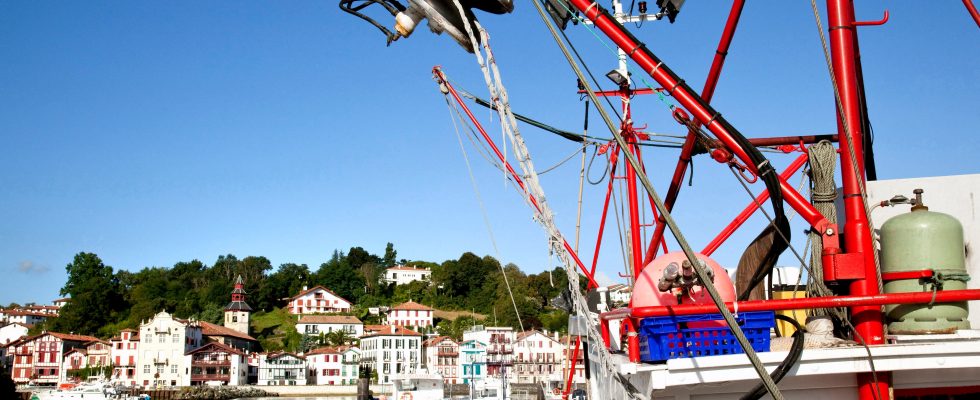Morale among fishermen in the Bay of Biscay is low. And for good reason: some 450 French ships will be confined to the port from this Monday, January 22, until February 20 inclusive, in this area of the Atlantic going from the north of Spain to Brittany.
This unprecedented measure aims to reduce the number of deaths of dolphins accidentally caught in nets. The International Council for the Exploration of the Sea (Ciem), the leading scientific body, estimates that 9,000 common dolphins die each year by accidental capture on the French Atlantic coast.
This observation did not fail to provoke a reaction from the Council of State, contacted by three environmental defense associations. Last March, the high administrative court ordered the government to “close fishing zones in the Bay of Biscay for appropriate periods”. This ban, she said, will “guarantee a favorable conservation status of the common dolphin, the bottlenose dolphin and the harbor porpoise”.
Thus, boats over eight meters, French and flying foreign flags, are affected by this measure, which will be renewed for one month in 2025 and 2026. If environmental defense associations consider that this closure is a “decision” historic”, the fishermen see it as a “disaster for the entire industry”, in the words of the president of the national committee, Olivier Le Nézet.
Compensation for fishermen and fishmongers
Financial losses are estimated at tens of millions of euros. The Minister of Ecological Transition, Christophe Béchu, however, assured TF1 that fishermen will be compensated “between 80 and 85%” of their turnover. This aid will be paid “as quickly as possible”, he promised, stressing that the government had “seized the European Commission which gave us an agreement in principle”.
Furthermore, fishmongers, who process fresh fish landed in the auctions and who estimate their losses at more than 60 million euros, will also receive aid calculated on the basis of their gross operating surplus. These compensations will go “up to 75% of their losses”.
“We want to keep a French fishing industry, and reconcile it with the imperatives of preserving biodiversity,” insists the minister. However, for those mainly concerned, these two objectives seem unattainable. “Today we have 80% imported fish on French plates,” Olivier Le Nézet said indignantly. “Do we want to go below the 20% contribution from French fishing, to import more of fish caught in unworthy conditions on the other side of the world?”
